What is the connection between marijuana use and driver's licenses in the United States
What is the connection between marijuana use and driver's licenses in the United States
The relationship between marijuana use and driver's licenses in the United States (such as Ohio fake ID, Rhode Island fake ID, Nevada fake ID, Utah fake ID, and West Virginia fake ID, etc.) is a complex and evolving issue involving legal, social, and health considerations. As more states legalize marijuana for recreational and medical use, it becomes increasingly important to understand its impact on driving and licensing.
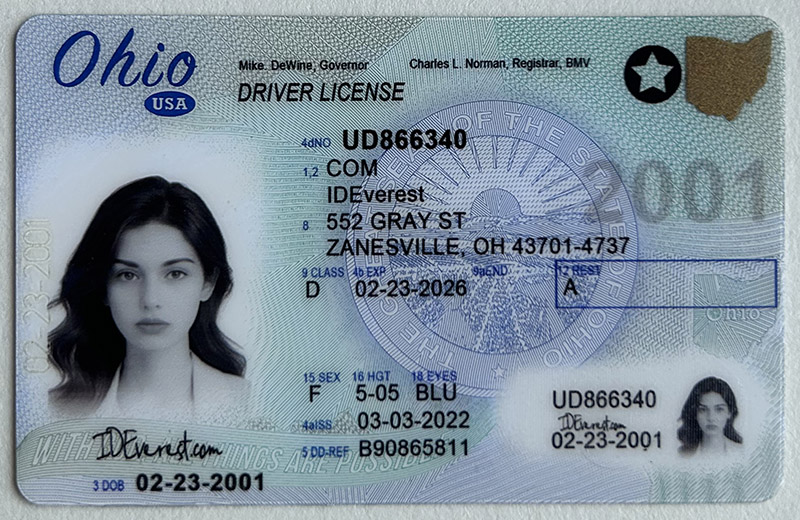
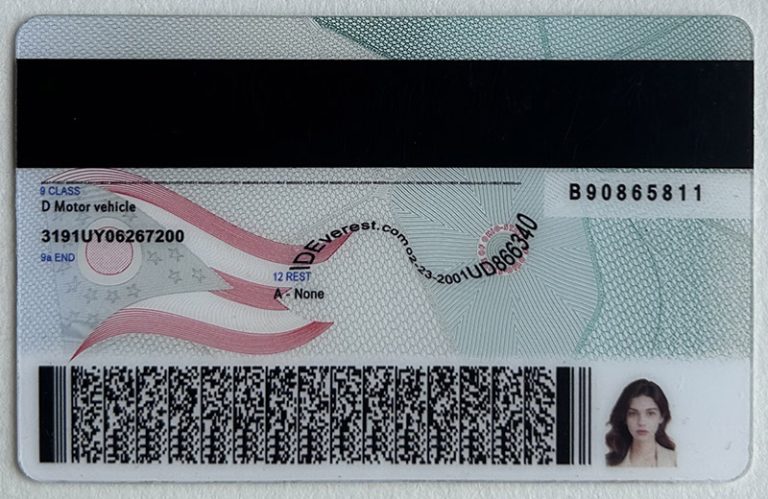
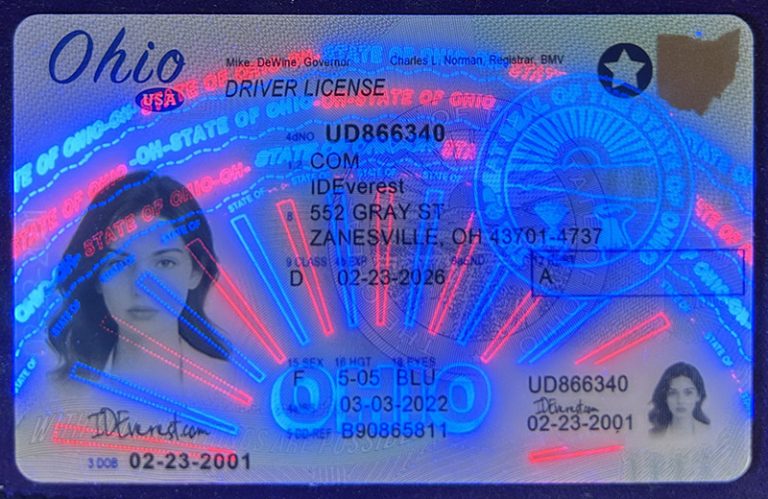
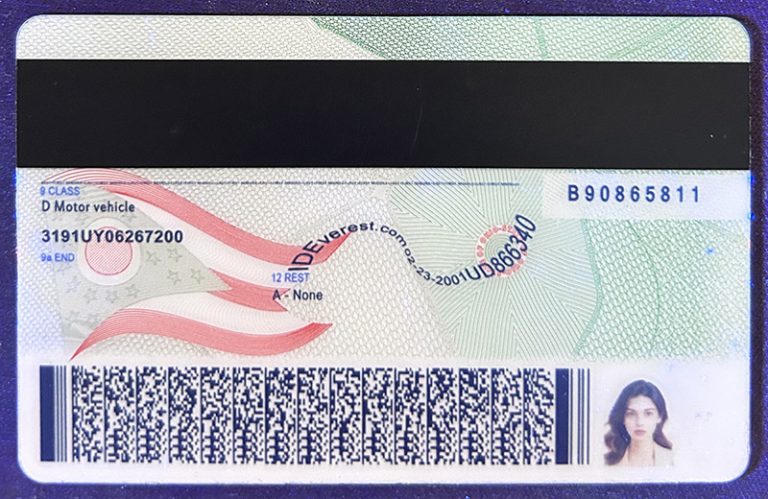
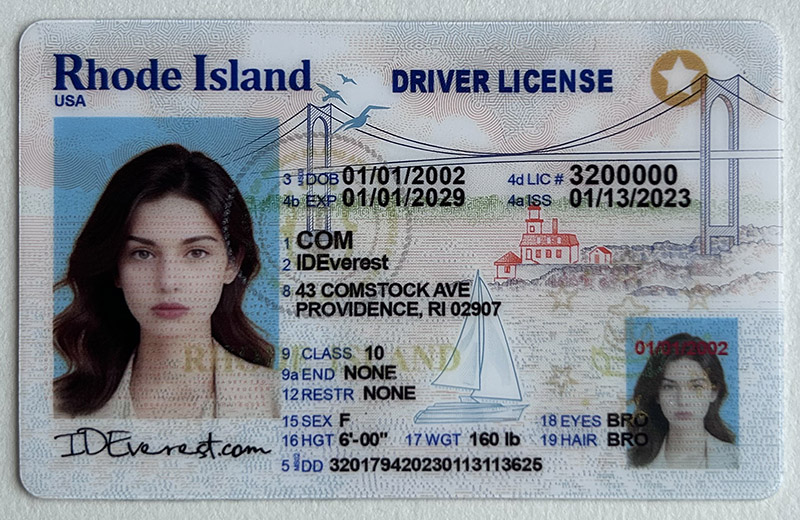
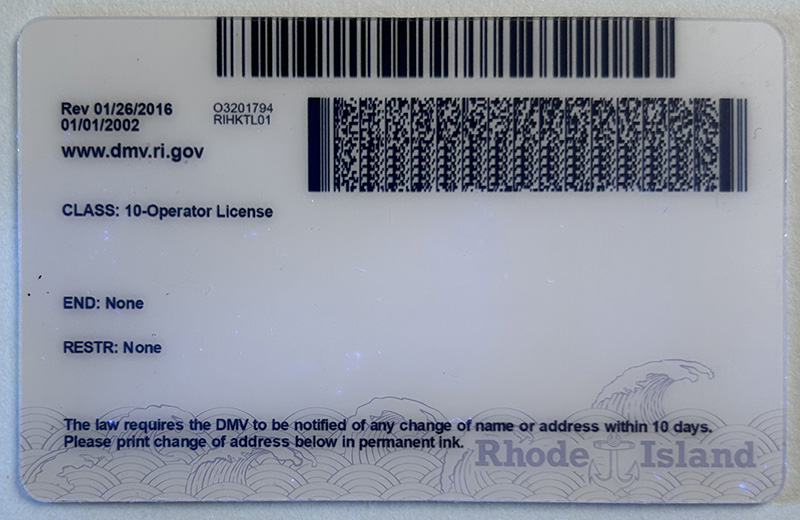
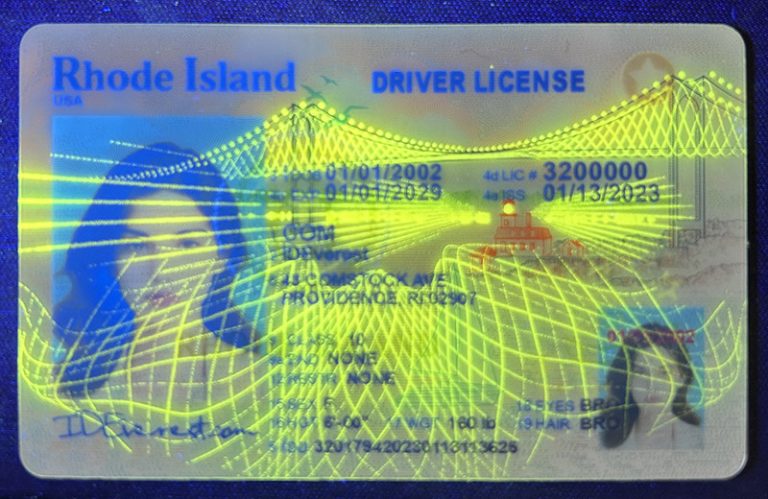
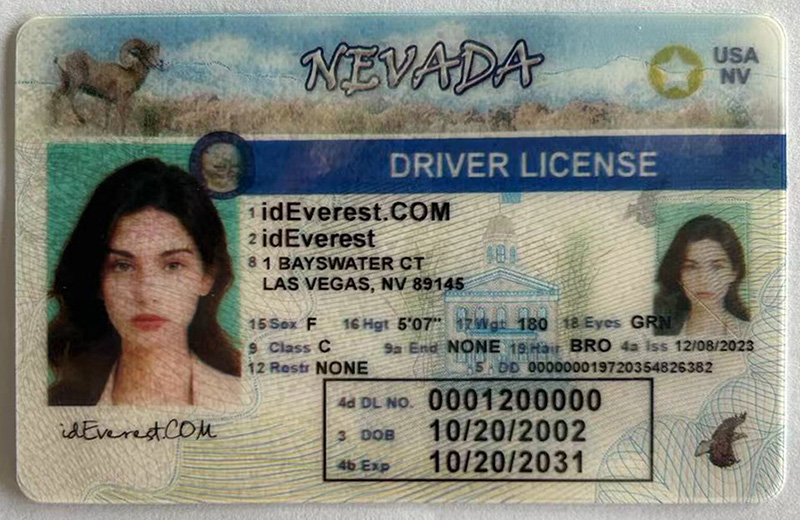
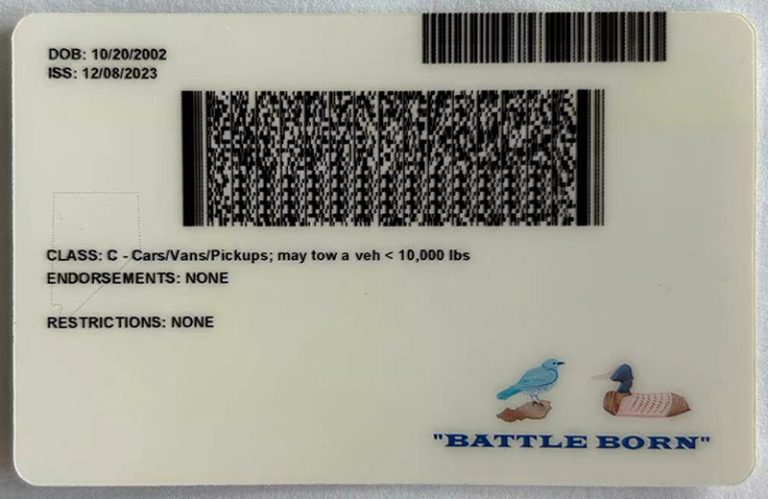
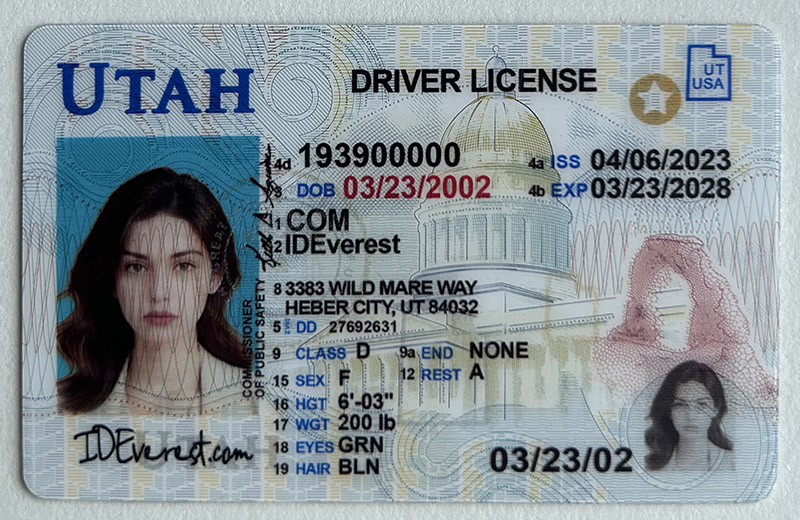
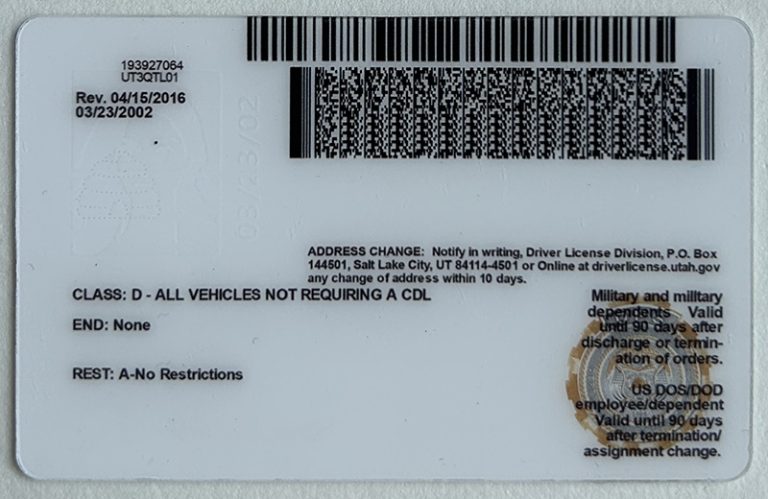
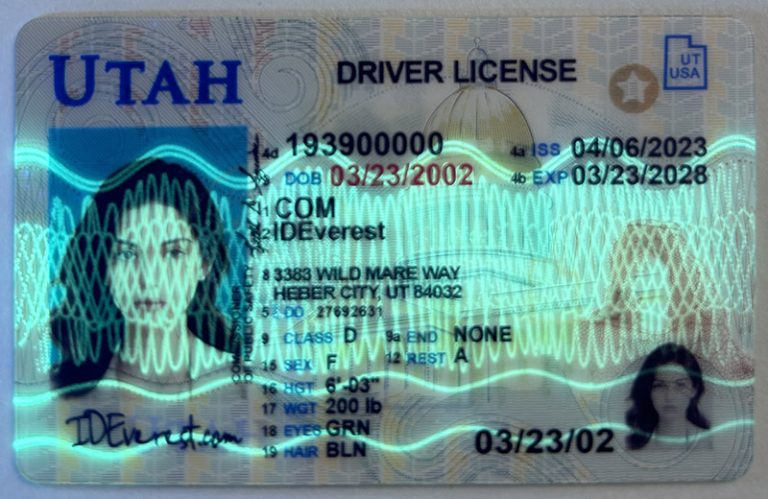
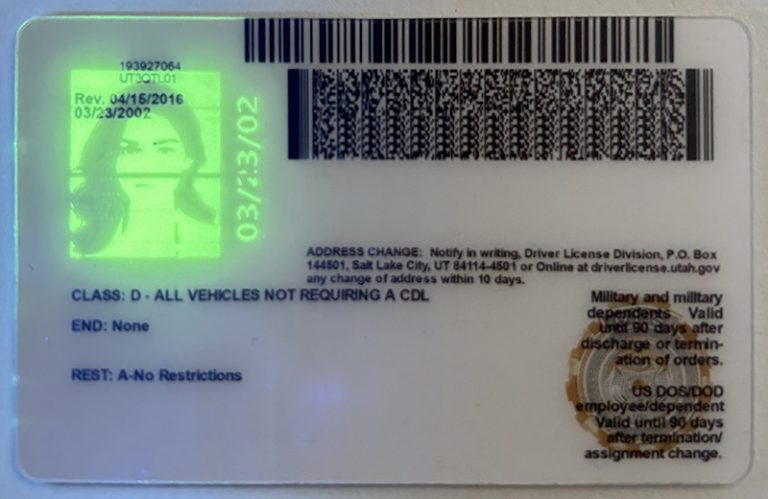
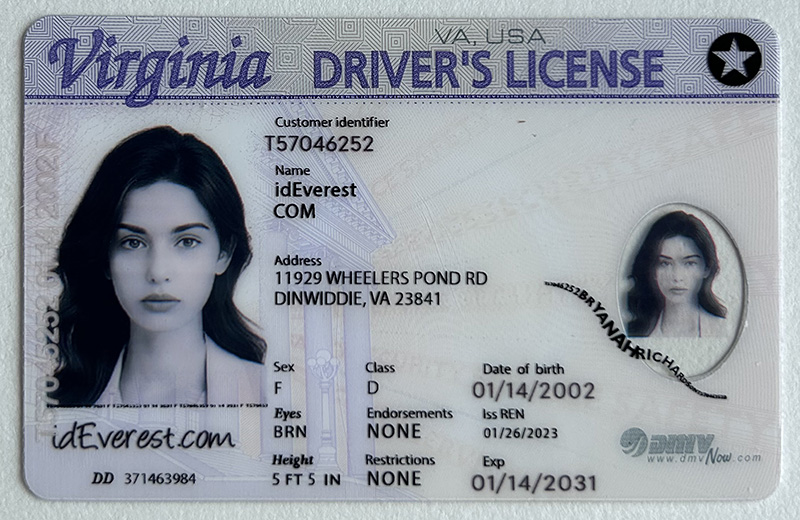
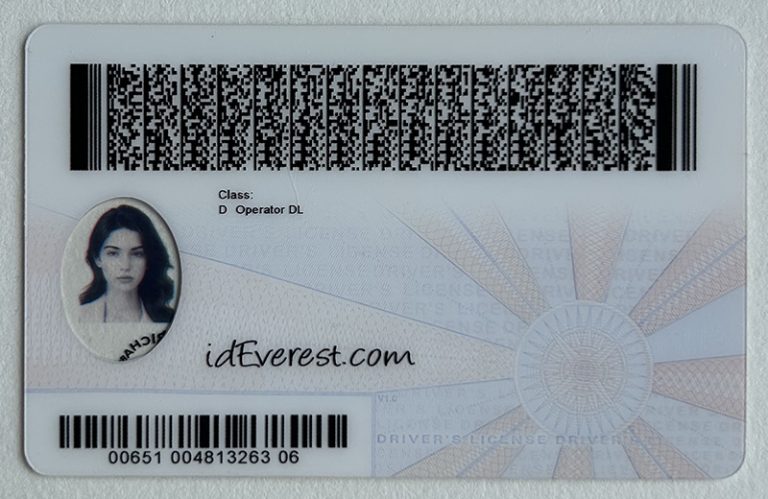
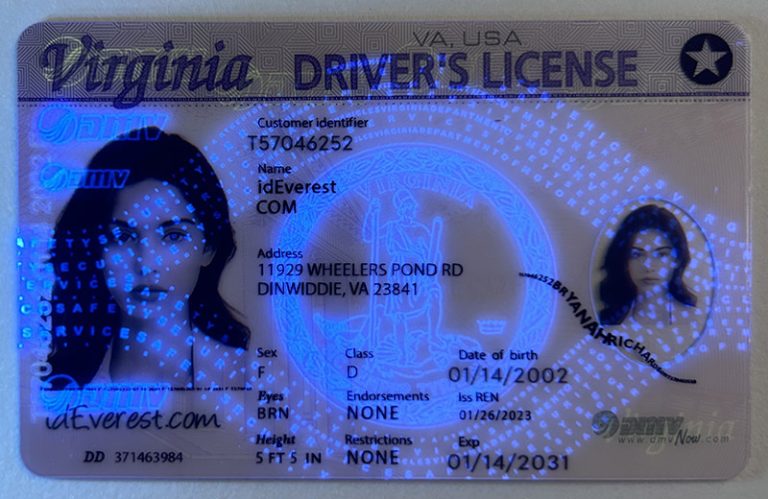
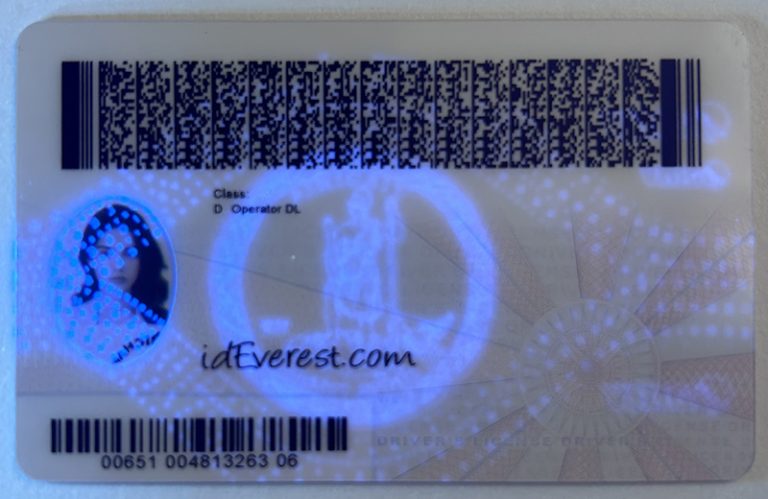
Legal Framework
State Differences
In the United States, the legality of marijuana varies from state to state. As of now, many states have legalized marijuana for recreational use, while others strictly allow its use for medical purposes. According to the National Conference of State Legislatures (NCSL), as of 2023, more than half of states have legalized recreational marijuana, and many more have established medical marijuana programs.
However, regardless of their legal status, all states enforce laws prohibiting driving under the influence of drugs, including marijuana. This creates a complex legal environment where a substance can be legal to use, but still illegal to drive under the influence.
Impairment and Measurement
THC and Driving
Tetrahydrocannabinol (THC) is the primary psychoactive compound in marijuana. Unlike alcohol, which has a well-defined standard for impairment (measured as blood alcohol concentration (BAC)), there is no uniform method for measuring impairment from marijuana. States have attempted to set legal thresholds for THC in the blood, but these thresholds can vary widely.
Some states set specific nanograms per milliliter (ng/mL) limits for THC in the blood, similar to BAC limits for alcohol. For example, Colorado and Washington set a limit of 5 ng/mL, while other states may not have a specific threshold. Critics argue that these limits are somewhat arbitrary because the effects of THC on different individuals can vary based on a variety of factors, including tolerance, consumption patterns, and even personal biochemistry.
Detection Methods
Law enforcement agencies have developed a variety of methods for detecting the effects of marijuana. Field sobriety tests (FSTs) are a common method, while chemical tests, such as blood and urine tests, are also used. While blood tests can detect the presence of THC, they do not directly measure impairment, which can lead to legal challenges that question the validity of DUI charges based solely on the presence of THC.
In addition, some states have implemented oral fluid tests that can provide more immediate results and can be used during roadside stops. However, these tests also have their limitations, including concerns about accuracy and the timing of the test relative to consumption.
Legal Consequences
Penalties for DUI
If a driver is found to be under the influence of marijuana, they may face a range of penalties similar to those for alcohol-related crimes. These penalties may include:
1. Fines: Fines vary by state and may increase with repeat offenses.
2. License Suspension: Many states impose an automatic license suspension on drunk drivers, with the length of the suspension depending on the severity of the offense and previous offenses.
3. Points on Driving Record: The more points you have, the higher your insurance rates and the more penalties you may face.
4. Mandatory Drug Education Programs: Offenders may be required to take classes focused on the dangers of driving under the influence.
Criminal Charges
In serious cases, especially those involving injury or death, a DUI charge can be upgraded to a felony. Felony charges carry more serious consequences, including longer license suspensions, higher fines, and possible jail time.
Medical Marijuana Considerations
In states where medical marijuana is legal, patients often carry a medical marijuana card that provides certain legal protections. However, these protections do not usually apply to driving under the influence. Patients are still subject to DUI laws, which means they must ensure they are not impaired when operating a vehicle.
Public Health and Safety Concerns
Risks of DUI
Public health officials have expressed concern about a potential increase in DUI crashes following the legalization of marijuana. Studies have shown that marijuana can impair motor skills, reaction time, and decision-making abilities, just as alcohol does. While some studies suggest that people who use marijuana may drive more carefully, the overall risk of DUI crashes remains a significant concern.
Education and Outreach Campaigns
In response to these risks, many states have launched public outreach campaigns focused on the dangers of driving under the influence of marijuana. These campaigns are designed to educate the public about the effects of marijuana on driving ability and the legal consequences of driving under the influence. Colorado and Washington were among the first states to legalize marijuana, and they have implemented comprehensive education programs designed to reduce drunk driving crashes.
Evolving Legal Landscape
As marijuana laws continue to evolve, so too do driving regulations. Some states are reexamining their DUI laws in light of rising marijuana use and the need for more effective impairment measurements. For example, several states are discussing the effectiveness of current THC limits and whether they accurately reflect impairment levels.
Additionally, with the rise of marijuana products, the potential for impairment from edible marijuana presents new challenges for law enforcement and legislators. The delayed onset and variable effects of edible marijuana complicate the ability to accurately measure impairment while driving.
Future Directions
Legislative Changes
The ongoing debate surrounding marijuana legalization and its impact on public safety suggests we may see further legislative changes in the coming years. As more states legalize marijuana, the need for uniform standards regarding impairment and driving becomes more pressing.
Some legislators have advocated for better training of law enforcement officers to recognize drug impairment and for standardized testing methods. Others have pushed for more research on the effects of marijuana on driving to develop evidence-based policies.
Technology and Impairment Testing
Advances in technology may also play a role in shaping the future of cannabis and driving regulations. New tests that can quickly and accurately determine impairment may emerge, providing law enforcement with better tools to evaluate drivers. This could lead to more fair and effective enforcement of DUI laws.
Conclusion
The relationship between cannabis use and driver licensing in the United States is multifaceted and continually evolving. As cannabis laws change and public attitudes shift, it is important for cannabis users and lawmakers alike to understand its impact on driving safety and legal liability. Continued education, research, and open dialogue will be key to addressing this complex issue and ensuring road safety for all users, whether or not they obtain cannabis legally.
 What is the connection between
What is the connection between
 ID verification loopholes
ID verification loopholes
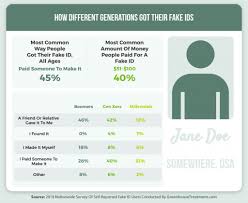 fake identification industry
fake identification industry
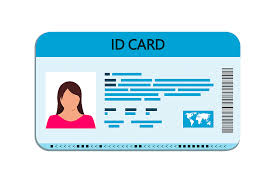 fake Florida driver’s license
fake Florida driver’s license